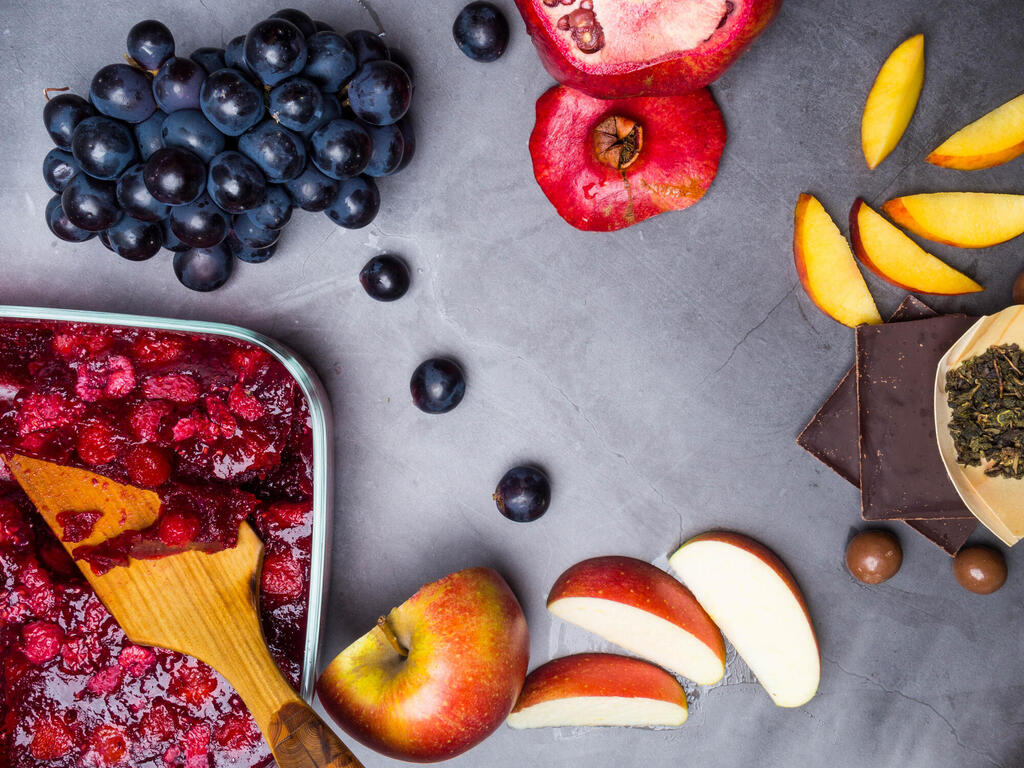Getting your Trinity Audio player ready...
Parkinson's disease has made it to headlines again in recent days thanks to Hollywood actor Michael J. Fox's admission that living alongside the illness is "getting harder".
Read more:
Earlier this year, a new study that examined the link between consuming foods rich in flavonoids and the risk of death over a 33-year period, found that Parkinson's patients who adhere to a diet that includes three or more servings per week of flavonoid-rich foods, such as tea, apples, berries, and red wine, have a lower risk of mortality.
The study was published in the online journal Neurology and involved 1,251 Parkinson's disease patients with an average age of 72. The participants completed questionnaires about their dietary habits, which were used to estimate the amount of flavonoids they consumed. The questionnaires were completed at the time of diagnosis and every four years thereafter, over the course of the 33-year study.
The study found a 70% difference in the likelihood of survival between the group that consumed the highest amount of flavonoids per day (approximately 673 mg per day) compared to the group that consumed the lowest average amount (approximately 134 mg per day), even after adjusting for age and calorie intake.
Flavonoids are natural compounds found in plants and are considered powerful antioxidants. Studies have shown that flavonoids help prevent diseases and protect many systems in the body, including brain function.
So far, over 8,000 different natural flavonoids have been found and the list is still growing. Flavonoids have been shown to have antioxidant properties with specific anti-inflammatory, anti-allergic, immune system enhancement, and anti-cancer effects against different types of viruses. Their antioxidant and anti-inflammatory properties help in stressful conditions and in preventing chronic diseases.
Foods rich in flavonoids include all plant-based foods, mainly tea, fruits, vegetables, grains, legumes, nuts, and wine. Tea and wine are the main dietary sources of flavonoids in both Eastern and Western societies, respectively. Leafy vegetables, onions, apples, berries, cherries, soybeans, and citrus fruits are also considered important sources of dietary flavonoids.
And the foods that were found to be rich in flavonoids and studied by the researchers were tea, apples, berries, oranges, grapes, orange juice, and red wine. The researchers examined three different groups of flavonoids in the diet and their relationship to mortality rates during the study period.
The researchers found that higher consumption of flavan-3-ols and anthocyanins (red-purple pigments from the flavonoid family), both before and after the diagnosis of Parkinson's disease, was associated with a lower risk of death among patients. Thus, the individuals in the group consuming the highest amount of antioxidants, specifically anthocyanins found in red wine and berries, had an average higher survival rate of 66% compared to those consuming the lowest amount of these antioxidants in the study.
First published: 20:11, 04.30.23



